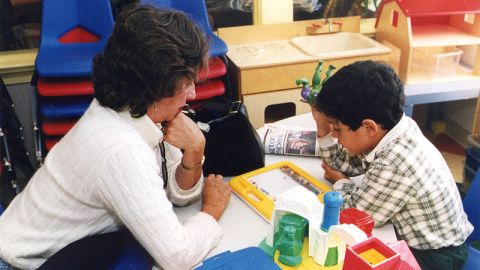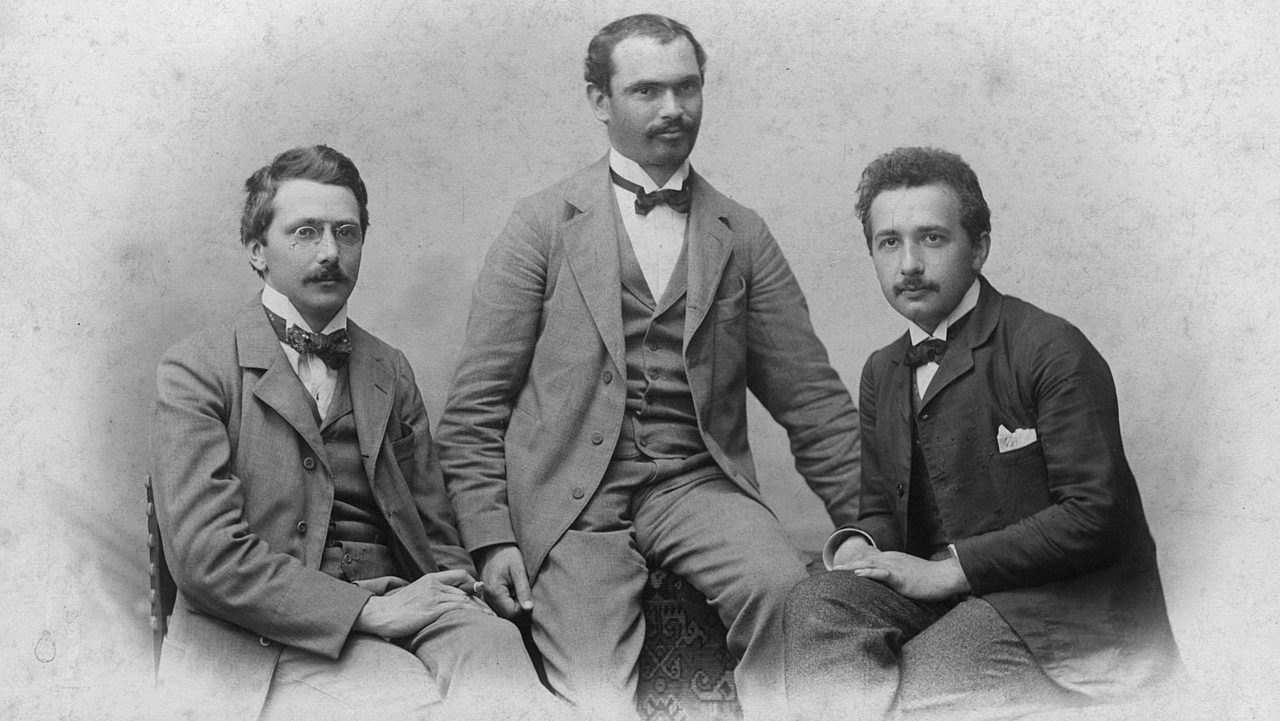How the Ivy League Might Reshape Education

Having already pondered the Ivy League exodus from comedy to the White House, we try to dissect the direction Ivy League graduates may be going in with their degree in tow. A school’s reputation can certainly open some doors for graduates in the real world. But today’s biggest contributions from students pacing academia’s most-hallowed halls may be to the institution of education itself.
Some of that comes from the most-recent figures courtesy of the popular (and some may say controversial) Teach for America Program. A program that places the country’s best and brightest in understaffed and underfunded schools, Teach for America has seen a noticeable surge in applications from the Ivy League over the past few years. This year, an impressive 17 percent of Harvard’s graduating class has applied to the program, the highest figure of any school in the country. Yale boasted a 16-percent figure with 13 percent of Brown’s 2010 class applying. While not all Ivy Leaguers have ultimately continued as teachers after completing Teach for America, the Ivy League does appear to be making major contributions to America’s lagging education system.
Recently, the Knowledge is Power program, cited by the Obama administration after being founded by two Ivy Leaguers in a single Houston classroom, is the biggest charter school operator in the country, serving minority and poor children in almost 20 states. Sure, it’s surprising to see some Ivy Leaguers turning to high schools in a world that doesn’t necessarily fete them with job offers the way it used to. But Ivy League education programs are also reshaping the way future schools might teach.
Last year, Harvard introduced a new Doctoral of Education Leadership program looking to “effect major changes in K-12 education.” This year, Harvard hosted an innovative convention to discuss digital teaching platforms in elementary, middle, and secondary education. All this, not to mention the Teach for America surge, comes on the heels of recent “reflection seminars” looking to lead Harvard students as they approached the professional world.
With Ivy Leaguers giving teaching a try in all corners of the globe, America’s most-heralded academic institutions are putting far greater emphasis on teaching in a realm where research has long been king. Of course, not everyone considers Ivy Leaguers qualified to teach in some of the country’s most underserved schools. But in a world where teaching jobs are becoming increasingly attractive among America’s best and brightest, Ivy Leaguers are even looking for teaching jobs on CraigsList. Five years after Columbia and Yale graduate teaching assistants went on strike, those pursuing education could be the new big men and women on campus.




